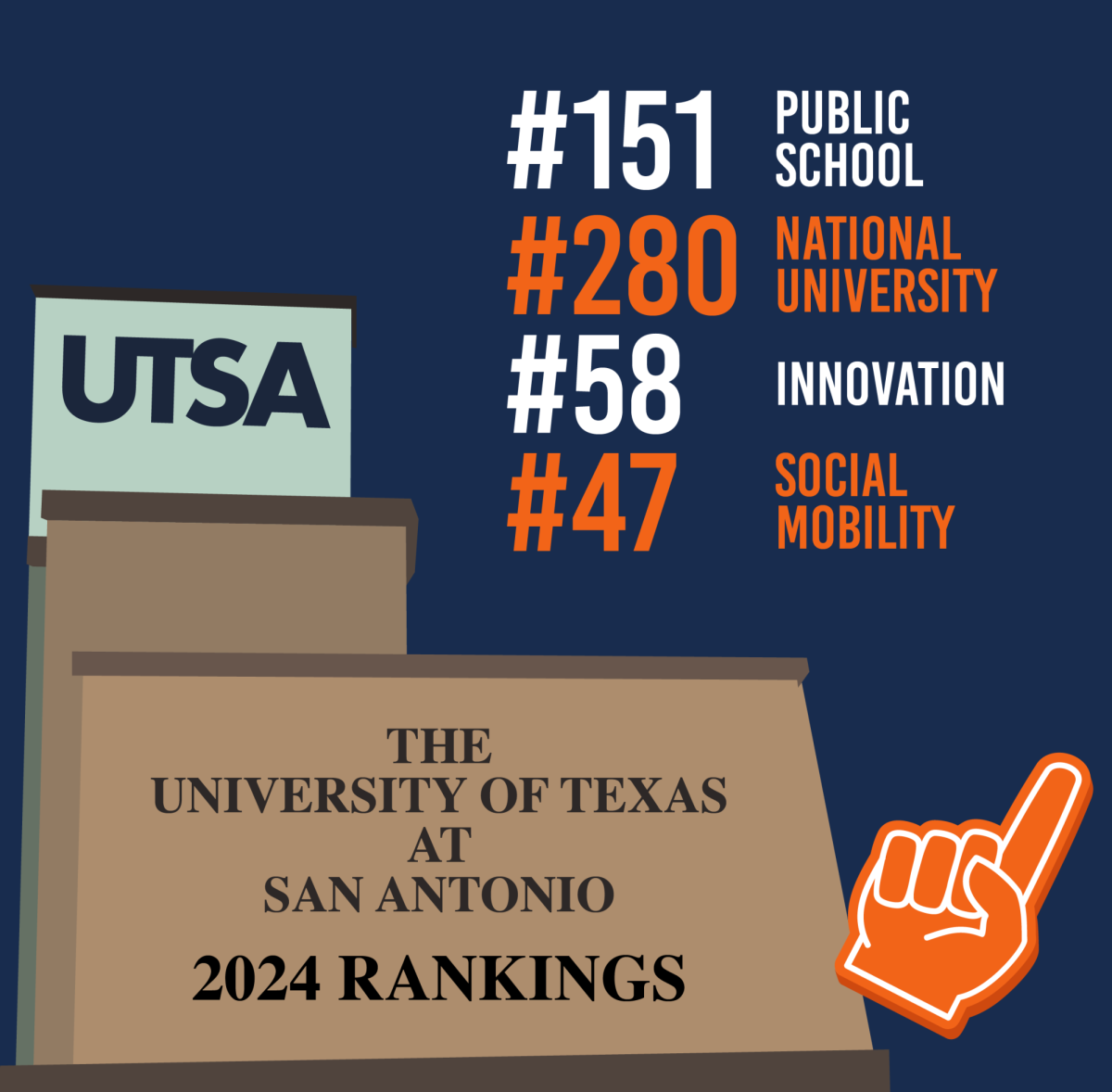
In 2000, Jerry Jones, the owner of the Dallas Cowboys franchise, told ESPN that he would persuade Troy Aikman to ignore his concussion symptoms during playoff season “since all data that we have so far don’t point to any lasting, long-term effects from the head trauma.”
Dave Duerson, who played for the Arizona Cardinals in the last leg of his professional football career, died from a self-inflicted gunshot wound to the chest, hours after texting his family to have his brain donated to science. When researchers examined his donated brain at Boston University, they discovered that Duerson suffered rom Chronic Traumatic Encephalopathy, a brain injury that many former football players suffer from.
Most recently, former UTSA’s quarterback Blake Bogenschutz announced that he will no longer continue to play (football) because of “lingering concussion-like symptoms.”
“Despite my strong love and passion for [football], I have come to peace and the realization that my health is more important than a game,” Bogenschutz said at press conference in early February.
“Concussions are a serious deal in this day and age, and I have learned that first-hand. My mind and heart are on good terms with walking away from it all knowing that it could’ve easily gotten worse,” Bogenschutz explained.
The scientific community has made numerous concussion-related discoveries in the past 15 years. As a result, the National Collegiate Athletic Association (NCAA) has encouraged every school to enforce a strict concussion protocol.
UTSA has adopted a concussion protocol of its own.
Associate Athletics Director (AD) Jerry Greeson helped draft the protocol, which is under revision.
“Not long ago, if a person had a concussion you would put him or her in a dark room, because the brain doesn’t get very much stimulus that way. Now, once an athlete shows symptoms, he or she undergoes memory, balance and neurological testing and are pulled from all activity for the day,” Greeson said.
“The athlete is then given a baseline neurocognitive test in which they are tested on response time and memory recognition on the computer. Then that athlete is retested 24 hours after he or she is symptom free.”
Concussions affect athletes on many levels. Greeson explains how concussions impact athletes off the field and why easing an athlete back into an everyday routine is important.
“Texting, professors talking in class and changing slides can aggravate the athlete and make the concussion symptoms worse. It can really affect their academic performance,” Greeson said.
“After the brain is given a rest, the athlete moves to light walking, cycling and exercising, as long as it doesn’t make the symptoms worse.”
However, concussions do not occur solely from head-to-head contact. Assistant AD for Equipment Operations Mike Villa states that proper strength, conditioning, nutrition, hydration and tackling techniques are key to preventing concussions.
“Every athlete is required to take the baseline test because dehydration and concussion symptoms are incredibly similar. Every coach on the field has a student trainer that is ready to hydrate players.”
Villa states that there are designated water breaks, hydration stations, tents and cooling fans to help promote hydration and keep the players from getting fatigued.
“I think that this is important because it helps the players’ form stay in cue and keep them from getting sloppy, which helps reduce the risk of someone getting a concussion,” Villa said.
Despite the attention directed at football concussions, concussions occur in every contact sport.
Greeson and Director of Athletics Lynn Hickey both stress that women soccer players experience more concussions than do football athletes.
“It’s not just concussions in football; it’s concussions in athletics. There’s more focus on football because of the number of concussions in football, but there is protocol for every athlete in every sport on campus,” Hickey said.
She looks forward to the advances in technology to protect athletes’ heads.
“Twenty years ago we just didn’t know any better. It’ll be very interesting to see what type of helmet technology sports have.”
In order to further understand concussions, former professional soccer player Brandi Chastain has agreed to donate her brain to the Concussion Legacy Foundation and to researchers at Boston University. Known for scoring the winning shootout goal in the 1999 World Cup final against China, Chastain hopes that her brain will help researchers delve deeper into chronic traumatic encephalopathy, concussions and female athletics.





